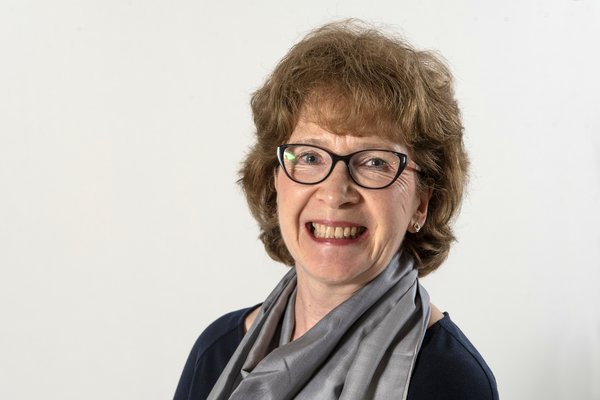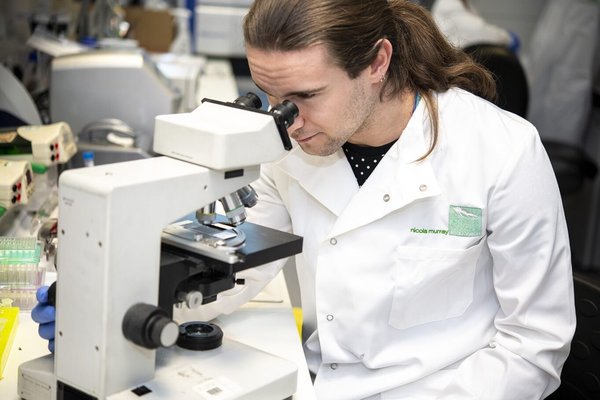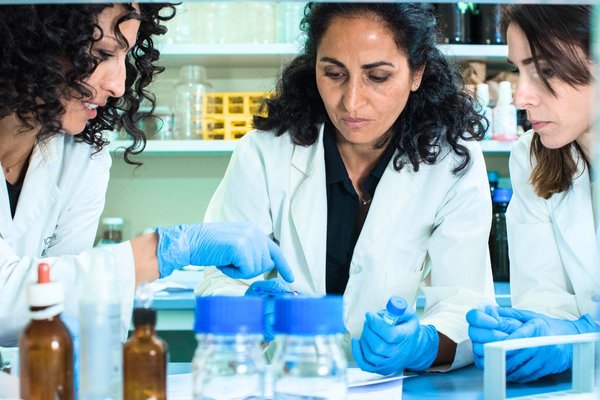
Wellbeing of Women announces Professor Hilary Critchley as the new Research Advisory Committee Chair
Wellbeing of Women has announced its Chair and Deputy Chair of its Research Advisory Committee.
Join us and help make menopause an everyday part of conversation so that women can get the support they need

Wellbeing of Women has announced its Chair and Deputy Chair of its Research Advisory Committee.

We’re delighted to announce the funding of 17 new research projects tackling health inequalities and spanning the whole life course – from menstruation to menopause, pre-natal to postnatal, and gynaecological cancers.

Women make up 51% of the population, yet women’s health has not been prioritised.